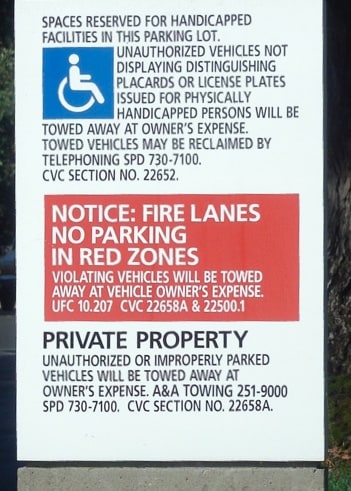The law of the United States comprises many levels of codified and uncodified forms of law, the supreme of which is the United States Constitution, the foundation of the federal government of the United States. The Constitution sets out the boundaries of federal law, which consists of Acts of Congress, treaties ratified by the Senate, regulations promulgated by the executive branch, and case law originating from the federal judiciary.


